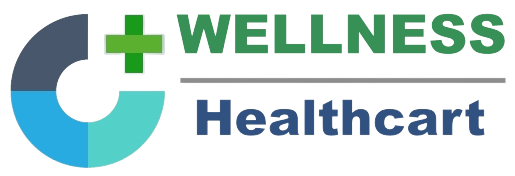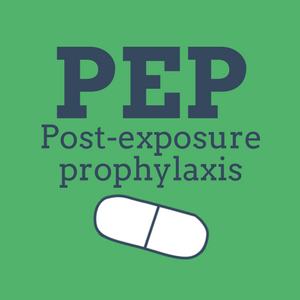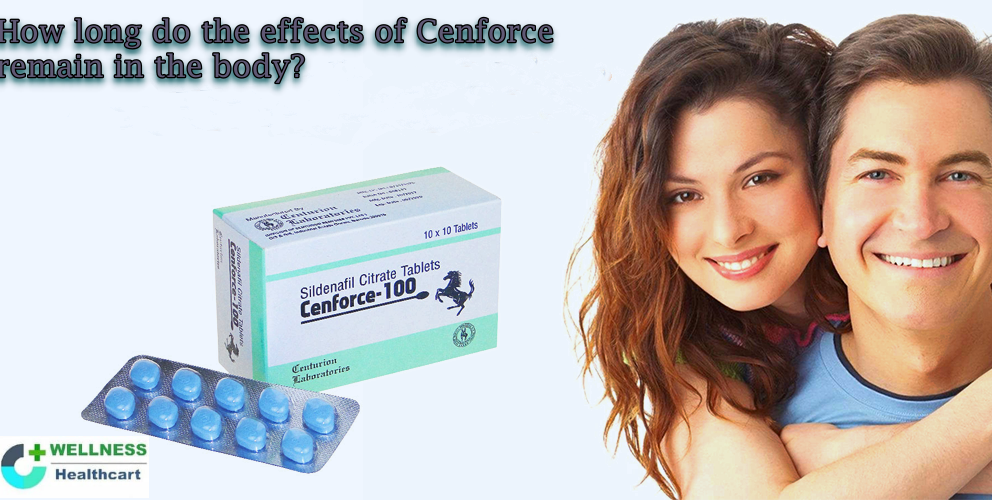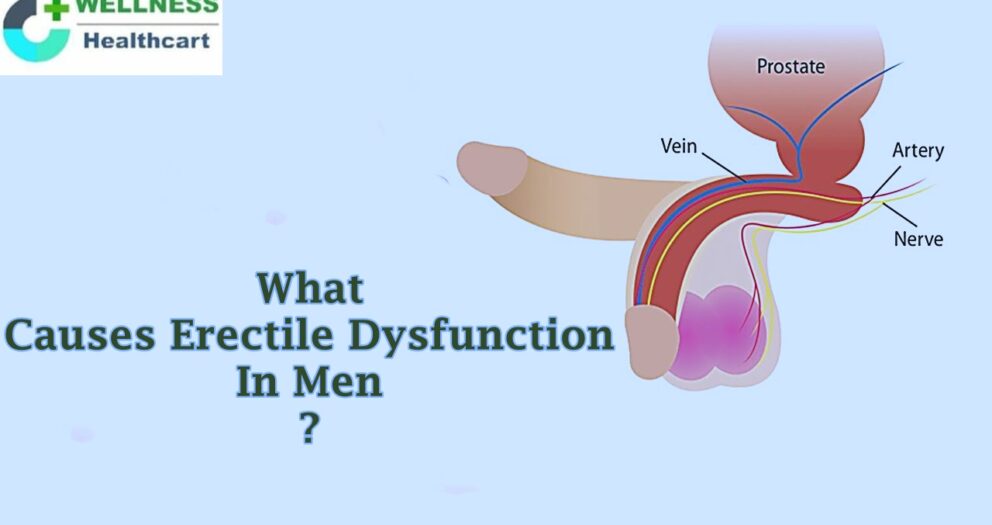What Is PEP?
PEP, or post-exposure prophylaxis, is a short course of HIV medicines taken very soon after a possible exposure to HIV to prevent the virus from taking hold in your body.
You must start it within 72 hours (3 days) after a possible exposure to HIV, or it won’t work. Every hour counts!
PEP should be used only in emergency situations. It is not meant for regular use by people who may be exposed to HIV frequently.
How Do You Know If You Need PEP?
PEP may be right for you if you are HIV-negative or don’t know your HIV status, and you think you may have been exposed to HIV in the last 72 hours:
- During sex (for example, you had a condom break with a partner of unknown HIV status or a partner with HIV who is not virally suppressed)
- Through shared needles, syringes, or other equipment used to inject drugs, or
- Through sexual assault
Contact your health care provider immediately or go to an emergency room or urgent care clinic right away.
Your health care provider or emergency room doctor will evaluate you, help you decide whether PEP is right for you, and work with you to determine to take for PEP.
In addition, if you are a health care worker, you may be prescribed PEP after a possible exposure to HIV at work, such as from a needlestick injury.
How Long Do You Need to Take PEP?
If you are prescribed PEP, you will need to take the HIV medicines every day for 28 days.
You will also need to return to your health care provider at certain times while taking PEP and after you finish taking it for HIV testing and other tests.
How Well Does PEP Work?
PEP is effective in preventing HIV infection when it’s taken correctly, but it’s not 100% effective. The sooner you start PEP after a possible HIV exposure, the better.
While taking PEP, it’s important to use other HIV prevention method, such as using condoms the right way, every time you have sex and using only new, sterile needles and works when injecting drugs
Does PEP Cause Side Effects?
PEP is safe, but the HIV medicines used for PEP may cause side effects like nausea in some people. In almost all cases, these side effects can be treated and aren’t life-threatening.
If you are taking PEP, talk to your health care provider if you have any side effect that bothers you or that does not go away.
PEP medicines may also interact with other medicines that a person is taking. For this reason, it’s important to tell your health care provider about any other medicines that you take.
ALSO CHECK:
- What Are HIV and AIDS?
- Post-Exposure Prophylaxis
- Pre-Exposure Prophylaxis
- Symptoms of HIV
- HIV Treatment as Prevention







Write a comment
You must be logged in to post a comment.